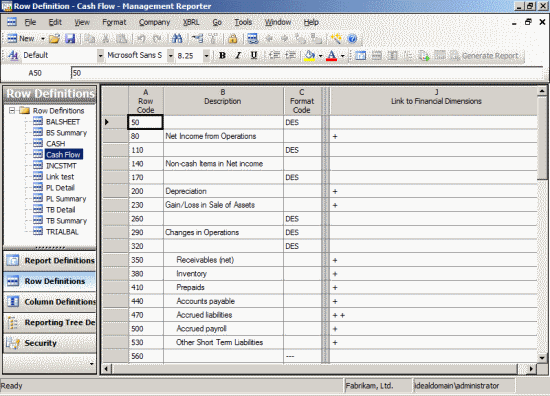 On the Microsoft Dynamics GP Community site a question from Lisa Sorenson in October last year asking if it was possible to use the Table Import () feature in Microsoft Dynamics GP to update some Segment descriptions has risen to the top with Steve Cummings linking to a post where the suggestion is to use a CSV file and Word template to generate a mailmerge.
On the Microsoft Dynamics GP Community site a question from Lisa Sorenson in October last year asking if it was possible to use the Table Import () feature in Microsoft Dynamics GP to update some Segment descriptions has risen to the top with Steve Cummings linking to a post where the suggestion is to use a CSV file and Word template to generate a mailmerge.
This solution will work, but can be accomplished in much less time and effort by using the SQL command BULK INSERT to load the CSV (formatted as Segment ID, Segment Number and Description) Continue reading “How To Bulk Update Segment Descriptions From A CSV”










